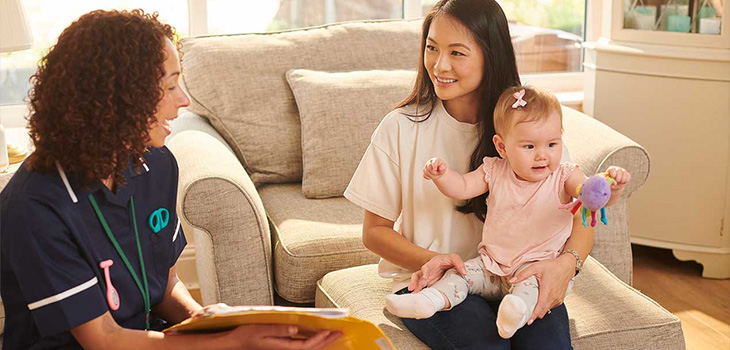Australian midwives may be open to delivering contraceptive care during postnatal home visits, new research shows.
This could include innovations such as home insertion of the contraceptive implant (Implanon NXT), which has been trialled internationally, although has not yet been explored in Australia.
New research from Monash University’s SPHERE Centre of Research Excellence shows home provision of contraception is generally acceptable to midwives and potentially feasible.
Such services could help overcome the range of barriers women face in accessing contraception after having a baby and may mitigate potential health risks for mothers by preventing closely spaced pregnancies and subsequent adverse outcomes, according to the Monash study, published in journal Women and Birth.
Midwives interviewed for the study highlighted that providing contraception should form part of an ongoing, holistic dialogue with mother, one that integrates family planning with infant care.
Many of the midwives interviewed recognised that in-home services could help overcome common barriers faced by new parents in accessing care, such as limited mobility post-caesarean, childcare demands, rural isolation or low-income status.
The study also emphasised the critical need for normalising contraceptive discussions, providing opportunities for contraception education and training for midwives, and ensuring leadership support along with a policy and training framework to ensure safe and effective provision of postnatal care.
In some countries, such as Sweden and the UK, it is more common for midwives to offer contraceptive advice and provide contraception postnatally, including implant insertions.
This is not standard practice in Australia, where postnatal care typically centres on the baby, said the paper’s lead researcher Dr Jessica Botfield.
“Closely spaced pregnancies, many of which are not planned, can place significant physical, mental, social and financial burdens on women and families.
“Despite this, many Australian women remain unaware of their fertility after having a baby, optimal spacing, or postnatal contraception options, including while breastfeeding.”
The 21 midwives interviewed for the study saw potential benefits of midwife provision of contraception (including in women’s homes) for women, clinicians and the healthcare system as a whole.
However, they also stressed the importance of having clear policy frameworks, dedicated training, supportive leadership and opportunities to build competence and confidence in contraception discussions and procedures, including insertion of the contraceptive implant.
Midwife participants viewed the possibility of implant insertions during postnatal home visits as practical, cost-effective, and particularly beneficial for mothers in improving early access to contraception in the weeks after birth.
Most expressed interest in upskilling and providing this service to women, especially younger and early-career midwives, suggesting a useful basis for future workforce development.
Further research is required to trial implant insertions during midwife postnatal home visits to determine acceptability and feasibility in real settings.
Read the full paper here








